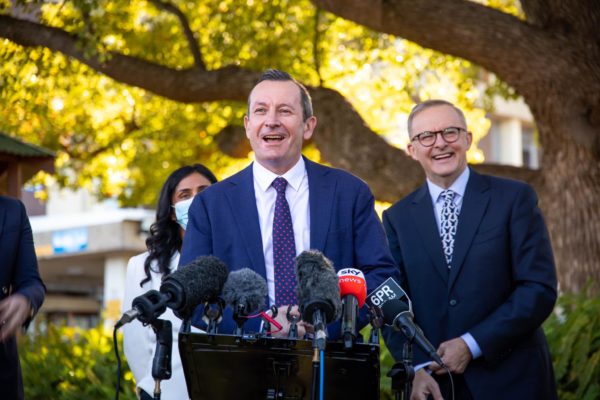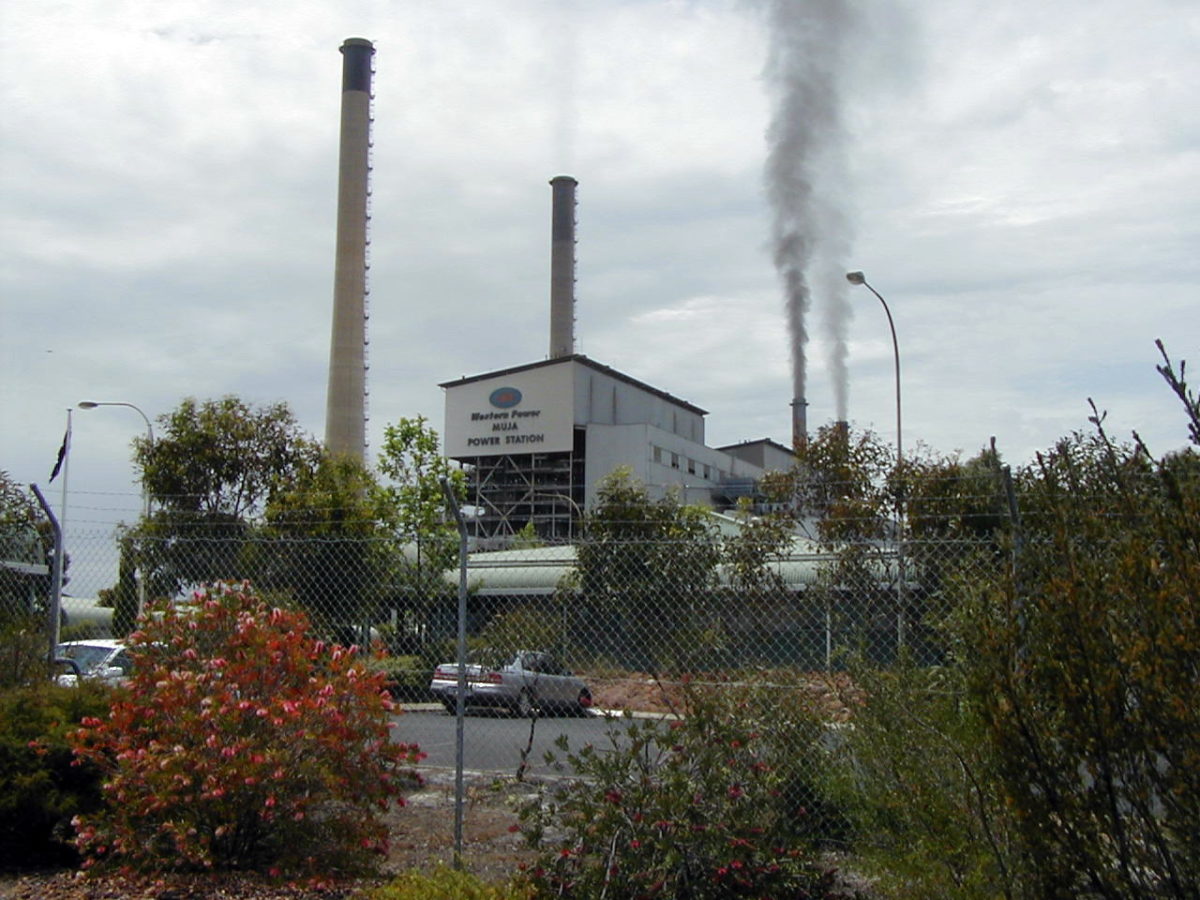The Western Australian (WA) government announced on Thursday that all state government agencies will be required to reduce their greenhouse gas emissions to 80% below 2020 levels by 2030 as part of its plan to achieve net zero emissions by 2050.
WA Premier Mark McGowan said the interim target sends a signal to the state’s private sector that climate action is a priority for his government.
It also provides a clear message that WA is open for investment in renewable energy generation, he said.
“My government has an ambitious climate agenda, which can be delivered responsibly,” McGowan said. “Action on climate change is crucial to diversifying the WA economy, creating long-term jobs, managing environmental impacts.
“This interim target sends a signal to the broader economy that we are serious about tackling climate change and setting up Western Australia for a healthy, prosperous low-carbon future.”
The emissions target announcement comes just a week after the government revealed the state-owned power provider Synergy will close its two remaining coal plants by late 2029 as part of a transition to cleaner energy.
McGowan said coal-fired generation is becoming increasingly unviable as the uptake of rooftop solar and other renewable energy grows. It is expected the closure of the Collie and Muja power plants will reduce government emissions on the South West Interconnected System (SWIS) by 80%.

Image: Mark McGowan / Facebook
McGowan said an estimated $3.8 billion will be invested to 2030 in new renewable power infrastructure, including generation and storage, to ensure WA has affordable and reliable power into the future.
The 2030 state interim commitment applies to all government agencies, including transport, health and education, as well as Government Trading Enterprises like Water Corporation, LandCorp and port authorities.
To help achieve the target, the government said it will deliver a range of initiatives including energy efficiency measures, buying renewable energy, purchasing more electric vehicles for its fleet and using local offsets. The state government has also committed to not building any new natural gas-fired power stations on the SWIS after 2030.
Work will continue “over coming months” with business and research institutions “to identify robust and credible emissions reduction pathways” through Sectoral Emissions Reduction Strategies (SERS), to be in place by late 2023.
Greenpeace welcomed the WA government’s new near-term climate targets but said more work needs to be done on the transition away from gas.
Greenpeace Australia Pacific Head of Clean Transitions Jess Panegyres said the emissions targets put WA out in front of the country’s energy transition, but warned “the McGowan government needs to get serious about reducing the role of gas”.
“With projects like Woodside’s proposed Scarborough and Browse gas fields set to release billions of tonnes of greenhouse gas pollution over the course of their operation, Western Australia’s gas industry undermines the state’s climate targets and impedes the clean energy transition,” she said.
“It’s time for Western Australia to fully embrace the renewable energy transition and leave polluting fossil fuels in the past.”
The WA government did not confirm if it would enshrine its climate targets in legislation. The Federal Government is however preparing to next month legislate a nationwide emissions reduction of 43% below 2005 levels by 2030.
This content is protected by copyright and may not be reused. If you want to cooperate with us and would like to reuse some of our content, please contact: editors@pv-magazine.com.









By submitting this form you agree to pv magazine using your data for the purposes of publishing your comment.
Your personal data will only be disclosed or otherwise transmitted to third parties for the purposes of spam filtering or if this is necessary for technical maintenance of the website. Any other transfer to third parties will not take place unless this is justified on the basis of applicable data protection regulations or if pv magazine is legally obliged to do so.
You may revoke this consent at any time with effect for the future, in which case your personal data will be deleted immediately. Otherwise, your data will be deleted if pv magazine has processed your request or the purpose of data storage is fulfilled.
Further information on data privacy can be found in our Data Protection Policy.